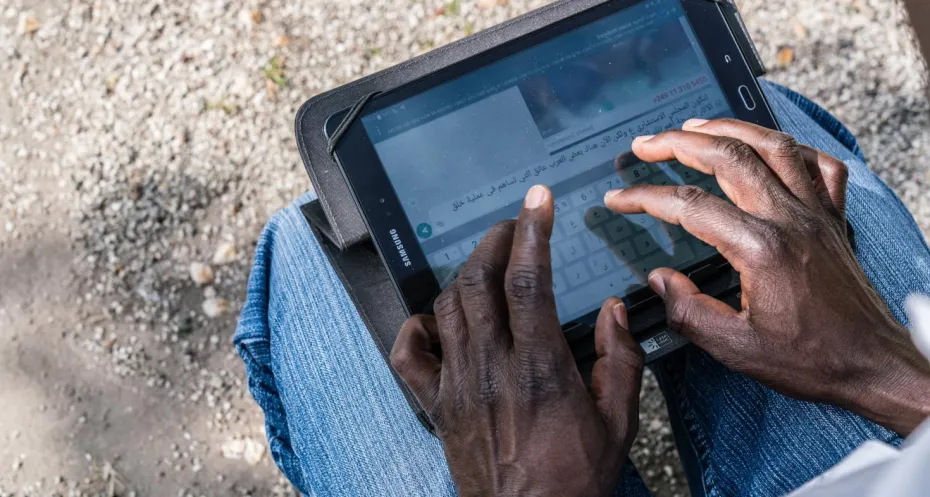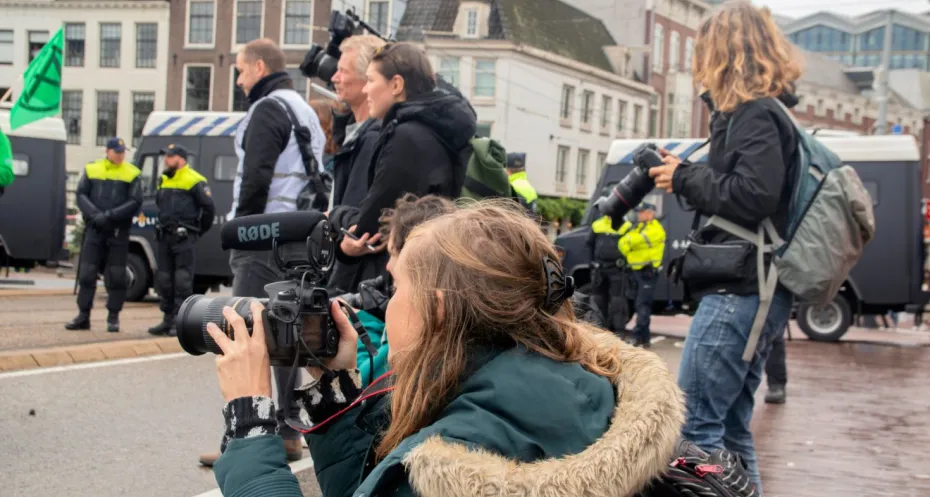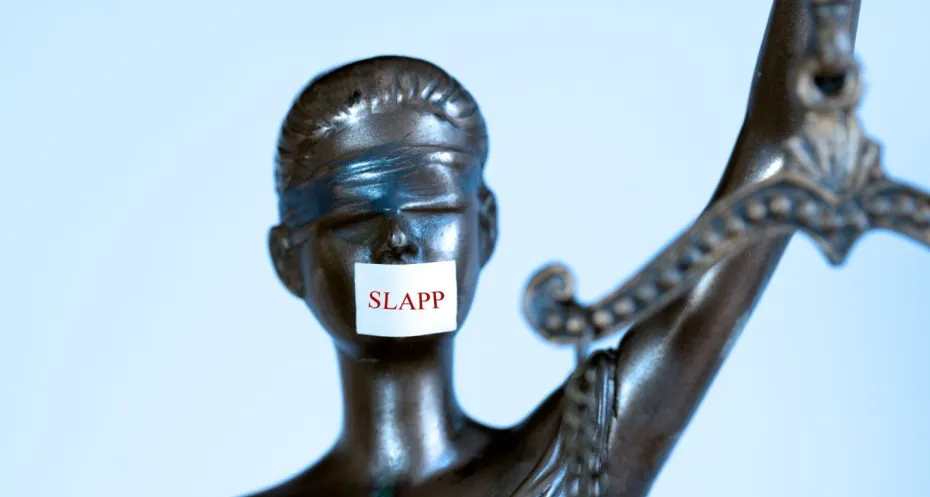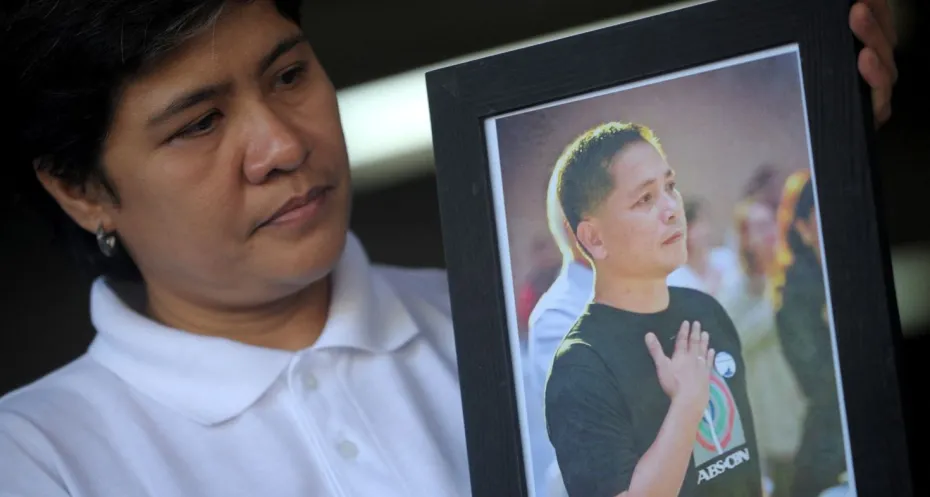Addressing the human rights situation in South Sudan

In a joint submission to the United Nations Human Rights Council for South Sudan’s Universal Periodic Review (UPR), Free Press Unlimited and ARTICLE19 Eastern Africa expressed concern about the limited improvements in the human rights situation in South Sudan in the period between November 2016 to July 2021.
There have been a few positive developments, like the endorsement of two international covenants requiring states to protect and respect the human rights of their people. This validated the right to freedom of expression in the country. It is worrying however, that the civic space for journalists to do their work is shrinking because of continued censorship, affecting media freedom and freedom of expression, and with that weakening South-Sudan’s democracy.
There are certain laws in place that specifically limit the right to freedom of expression, such as the Penal Code, the Media Authority Act and the National Security Service Act of 2014. We noticed that dissenting voices are continuously targeted with arbitrary arrest and detention, and other cruel inhuman treatment. This coupled with surveillance by security operatives on media and civic actors contributes to a climate of fear. This results in self-censorship and refraining from participating in governance processes.
In the period under review, journalists continued to be threatened by authorities in relation to articles they wrote or news they covered. For example, in January 2019, during the anti-Bashir protests, the NSS confiscated and prevented the printing of newspapers reporting on the ongoing protests.
Despite enacting an Access to Information Act in 2013, there remains a lack of political goodwill on the government’s part in implementing the law.
“As South Sudan commemorates its first decade of independence, it is essential to acknowledge the right to freedom of expression and access to information as essential components of peace-building and democratic development in realising its goals and the aspirations of the people. The government of South Sudan should ensure full protection of these rights, conduct investigations into attacks and violence against journalists, and ensure perpetrators are brought to justice. The government should also cease the arbitrary detention of protestors and promote a safe and enabling environment for individuals and groups to exercise their rights to freedom of peaceful assembly,” said Mugambi Kiai, Regional Director at ARTICLE 19 Eastern Africa.
In turn, Marnix de Witte – Senior Programme Coordinator East Africa, Free Press Unlimited said:
“ Free Press Unlimited believes that access to information, independent media, and freedom of expression are the fundamentals to strengthen civil society and to increase people’s participation in achieving stable and equitable societies. Media are essential partners in an inclusive dialogue but can also act as strong critics of government policies and keep authorities accountable. This sometimes puts the media at odds with powerful interests. As becomes evident whilst studying the situation in South Sudan a decade since its independence, there is a lack of judicial attention to investigate, prosecute and punish those who threaten, intimidate or kill journalists, which has led to impunity, breeds a culture of violence against the media and triggers self censorship. Therefore, through this joint UPR submission, Free Press Unlimited urges the international community to put pressure on the South Sudan government to take concrete steps in protecting its citizens’ rights to freedom of expression and information.”
ARTICLE 19 Eastern Africa and Free Press Unlimited call on all UN member states, in line with the recommendations provided in our joint submission, to meaningfully and effectively engage with the government of South Sudan at the 40th Session of the UPR Working Group in January 2022.
Find the full submission underneath:
Photo: Irina Raiu.



